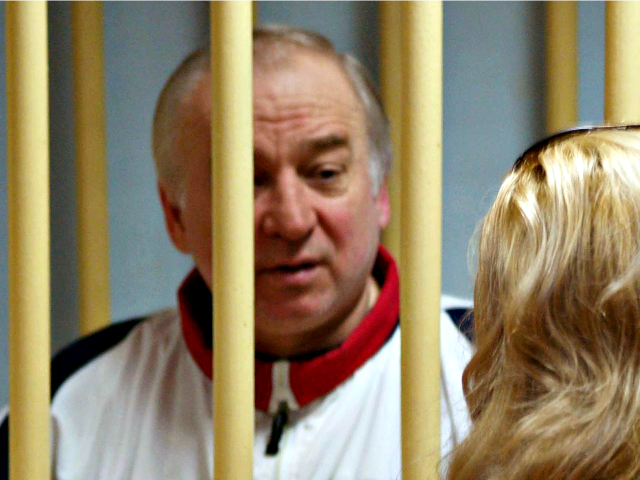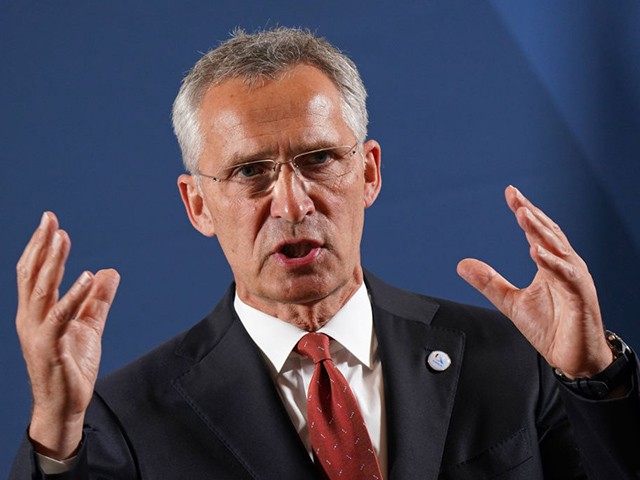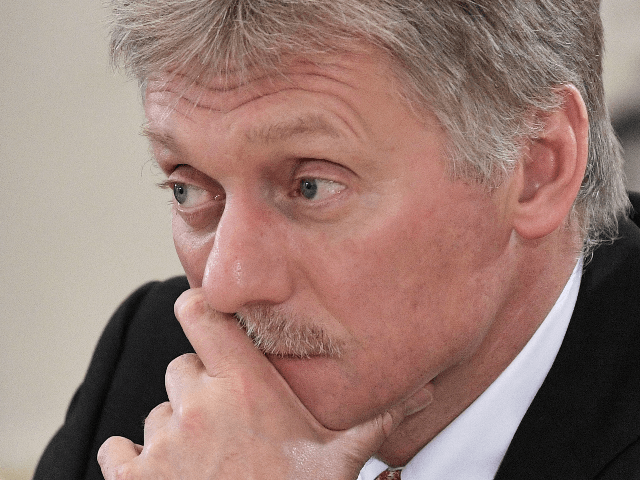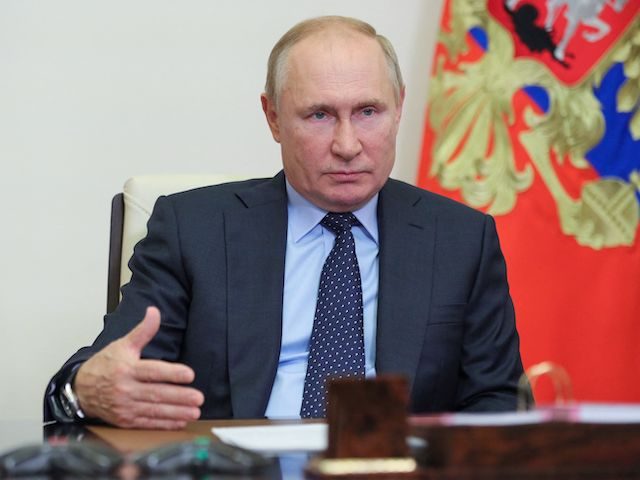The North Atlantic Treaty Organization (NATO) on Wednesday expelled eight members of Russia’s mission, cutting it down to half size, and reduced the maximum size of the mission to 10 members from 20. NATO said the individuals it expelled were “undeclared Russian intelligence officers.”
Sky News reported the decision to expel the Russian diplomats was made unanimously by all 30 NATO member states. Although no single incident was officially cited by the alliance, Sky News said the decision followed investigations of an explosion in the Czech Republic in 2014:
Wanting to build a clearer picture of the extent of the Russian threat, NATO is understood to have requested information from all allies on suspected covert activities and operations by Russia’s intelligence agencies in their respective countries in recent years.
It is understood that information from NATO allies was collected over the summer and compiled into a report that was shared between member states in September, along with recommendations about how to respond, including by halving Russia’s NATO mission.
The poisoning of former Russia agent Sergei Skripal and his daughter in the UK in 2018, allegedly by Russian military intelligence operatives, was evidently also factored into the decision. Seven members of the Russian mission to NATO were expelled in 2018 in response to the assassination attempt.

Former Russian military intelligence colonel Sergei Skripal attends a hearing at the Moscow District Military Court in Moscow on August 9, 2006. (Yuri Senatrov/Kommersant Photo/AFP via Getty Images)
The Czech Republic incident occurred on October 20, 2014. A huge explosion wiped out an ammunition depot near the city of Vrbetice, killing two people and destroying tons of munitions that were destined for Ukraine, to be used in battle against Russia-backed separatists. The fighting in eastern Ukraine continues to this day.
The Czech government expelled 18 Russian diplomats denounced as spies after the explosion. Czech Prime Minister Andrej Babis stated in May 2021 that his intelligence services found “unequivocal evidence” of Russian involvement in the explosion and asked the European Council to “condemn and declare such actions as unacceptable.”
Babis specifically blamed the explosion on GRU Unit 29155, the same group of Russian agents suspected of poisoning Skripal. Sky News noted British, French, Swiss, and U.S. intelligence concurred that a team of 15 agents from Unit 29155 spent about four years traveling through Europe, beginning in 2014, for reasons “not yet fully understood.”
The European Council did condemn the explosion, and said it would examine the Czech Republic’s evidence of Russian involvement “extremely seriously.”
“The decision to withdraw the accreditation of eight members of the Russian delegation to NATO was done based on intelligence because these are undeclared Russian intelligence officers,” NATO Secretary General Jens Stoltenberg explained on Thursday.

NATO Secretary General Jens Stoltenberg speaks to the media upon his arrival at a meeting of European Union member states defense ministers on August 26, 2020, in Berlin, Germany. (Sean Gallup/Getty Images)
“We have seen an increase in Russian malign activities, at least in Europe and therefore we need to act,” Stoltenberg said. “The relationship between NATO and Russia is at its lowest point since the end of the Cold War – and that’s because of the Russian behavior.”
“NATO’s policy towards Russia remains consistent. We have strengthened our deterrence and defence in response to Russia’s aggressive actions, while at the same time we remain open for a meaningful dialogue,” the alliance said on Wednesday when announcing the expulsion of the eight Russian personnel.
“NATO proposed to hold another meeting of the NATO-Russia Council over 18 months ago, and that proposal stands. The ball is in Russia’s court,” the alliance added.
The Russians did not seem eager to lob that diplomatic ball back over the net.
“There is an obvious contradiction in the statements of NATO representatives about the desire to normalize relations with our country and in real actions,” Kremlin spokesman Dmitry Peskov snapped on Thursday.

Kremlin spokesman Dmitry Peskov attends a meeting of the Russian President with heads of international news agencies on the sidelines of the St. Petersburg International Economic Forum (SPIEF) in Saint Petersburg on June 6, 2019. (Alexey Nikolsky/AFP via Getty Images)
“Yesterday, NATO leaders spoke about the importance of de-escalation in relations with Russia, called for resuming dialogue within the Russia-NATO Council, sending an ambassador to Brussels. If anyone believed in the sincerity of these statements, today there are none left,” seconded Russian Deputy Foreign Minister Alexander Grushko.
“After the impressive conclusion of the Afghan epic, how can we go on without the bogey of the ‘Russian threat?’ ‘Not at all,” Grushko added, sarcastically referring to U.S. President Joe Biden’s disastrous withdrawal from Afghanistan.
“The collective West is continuing its policy of diplomatic confrontation with Russia,” said Leonid Slutsky, chair of the international affairs committee in the lower house of the Russian parliament. Slutsky added a threat of unspecified “retaliation” from Moscow for the expulsions.

COMMENTS
Please let us know if you're having issues with commenting.